Obituaries
Recent articles
Remembering prominent neuroscientists
Remembering Adam Kampff, neuroscience educator and researcher
Kampff’s do-it-yourself approach inspired a generation of neuroscientists.

Remembering Adam Kampff, neuroscience educator and researcher
Kampff’s do-it-yourself approach inspired a generation of neuroscientists.
Remembering Mark Hallett, leader in transcranial magnetic stimulation
The long-time NINDS researcher, best known for studying movement disorders, has died at age 82.
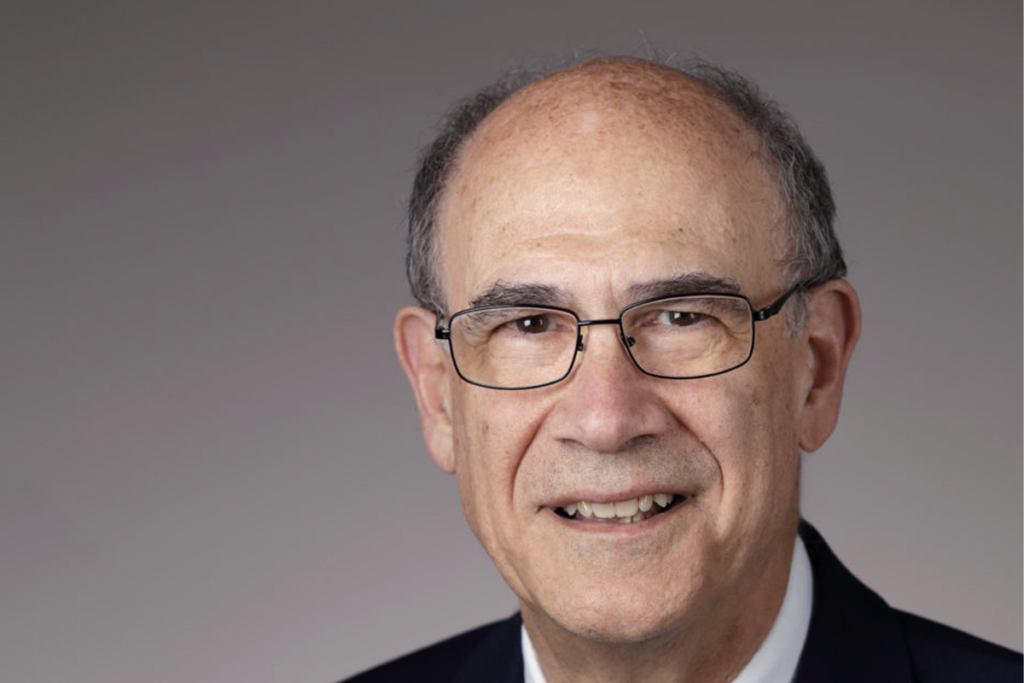
Remembering Mark Hallett, leader in transcranial magnetic stimulation
The long-time NINDS researcher, best known for studying movement disorders, has died at age 82.
The leaders we have lost
Learn more about the lives and legacies of the neuroscientists who passed away between 2023 and 2025.

The leaders we have lost
Learn more about the lives and legacies of the neuroscientists who passed away between 2023 and 2025.
Remembering GABA pioneer Edward Kravitz
The biochemist, who died last month at age 92, was part of the first neurobiology department in the world and showed that gamma-aminobutyric acid is inhibitory.
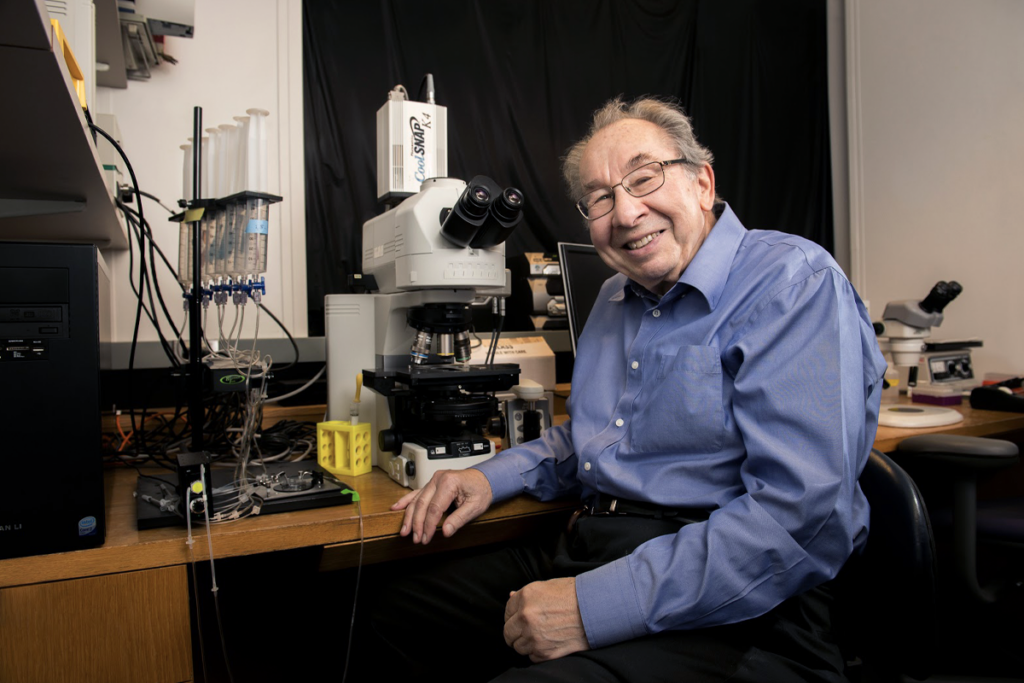
Remembering GABA pioneer Edward Kravitz
The biochemist, who died last month at age 92, was part of the first neurobiology department in the world and showed that gamma-aminobutyric acid is inhibitory.
In memoriam: Stephanie “Steve” Shirley, autism philanthropist
Fueled by business success and her son, she played an outsized role in British autism research.
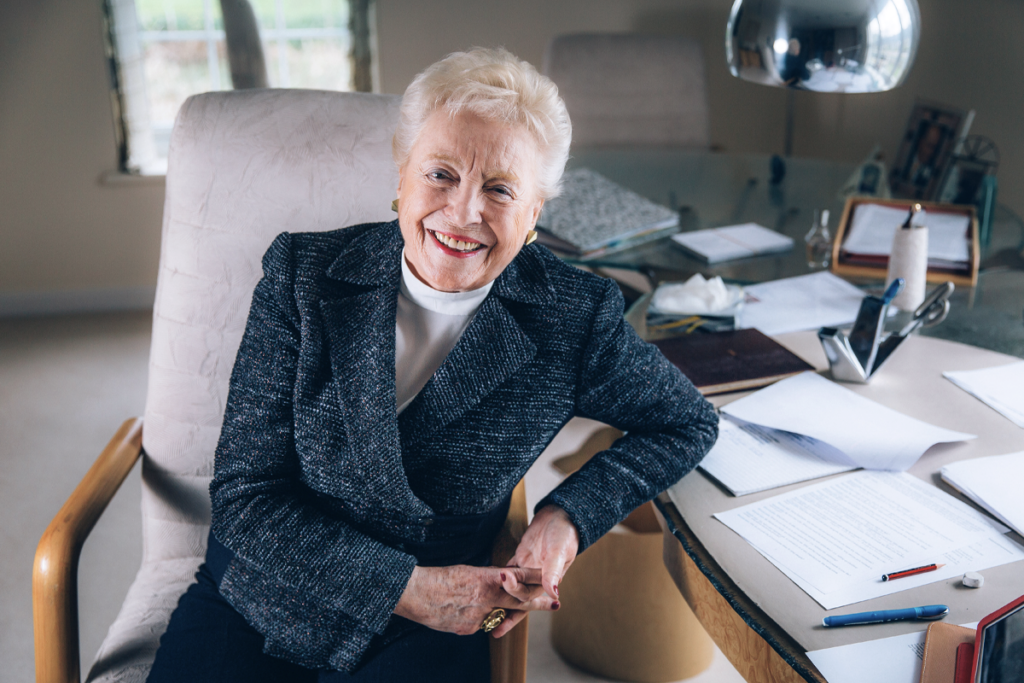
In memoriam: Stephanie “Steve” Shirley, autism philanthropist
Fueled by business success and her son, she played an outsized role in British autism research.
Remembering A. James Hudspeth, hair cell explorer
Hudspeth, who died 16 August at age 79, devoted his 50-year career to untangling how the ear converts sound into electrical signals.
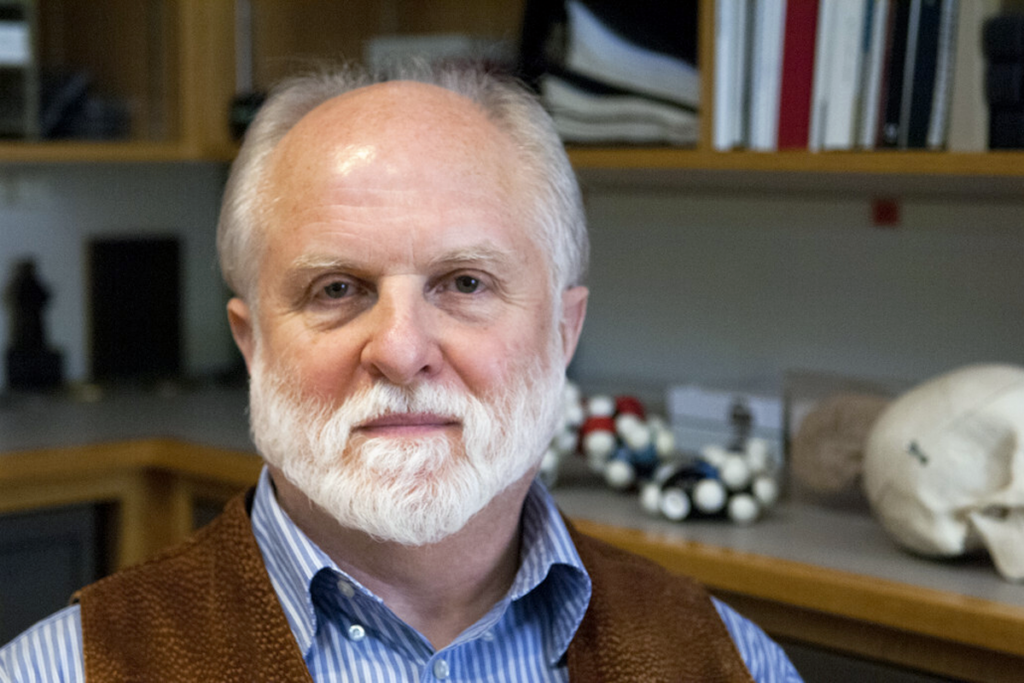
Remembering A. James Hudspeth, hair cell explorer
Hudspeth, who died 16 August at age 79, devoted his 50-year career to untangling how the ear converts sound into electrical signals.
Remembering the life of neuropharmacologist Floyd Bloom
The co-author of the classic textbook “The Biochemical Basis of Neuropharmacology” and pioneer in studying the roles of neurotransmitters in the brain died on 8 January at 88 years old.
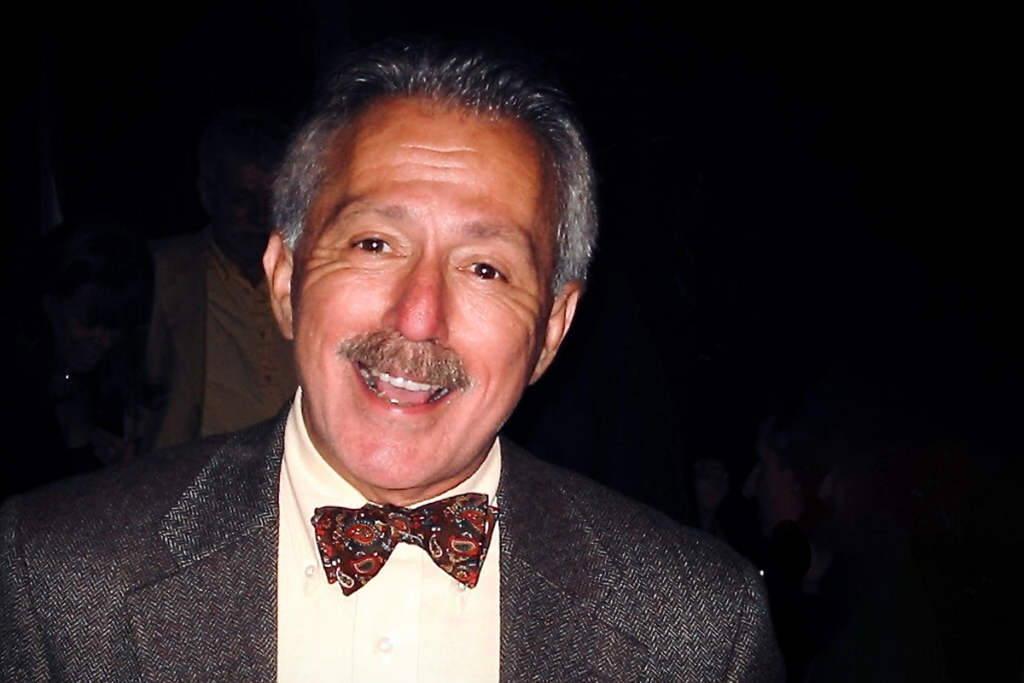
Remembering the life of neuropharmacologist Floyd Bloom
The co-author of the classic textbook “The Biochemical Basis of Neuropharmacology” and pioneer in studying the roles of neurotransmitters in the brain died on 8 January at 88 years old.
Remembering Eleanor Maguire, ‘trailblazer’ of human memory
Maguire, mastermind of the famous London taxi-driver study, broadened the field and championed the importance of spatial representations in memory.

Remembering Eleanor Maguire, ‘trailblazer’ of human memory
Maguire, mastermind of the famous London taxi-driver study, broadened the field and championed the importance of spatial representations in memory.
In memoriam: Yves Frégnac, influential and visionary French neuroscientist
Frégnac, who died on 18 October at the age of 73, built his career by meeting neuroscience’s complexity straight on.
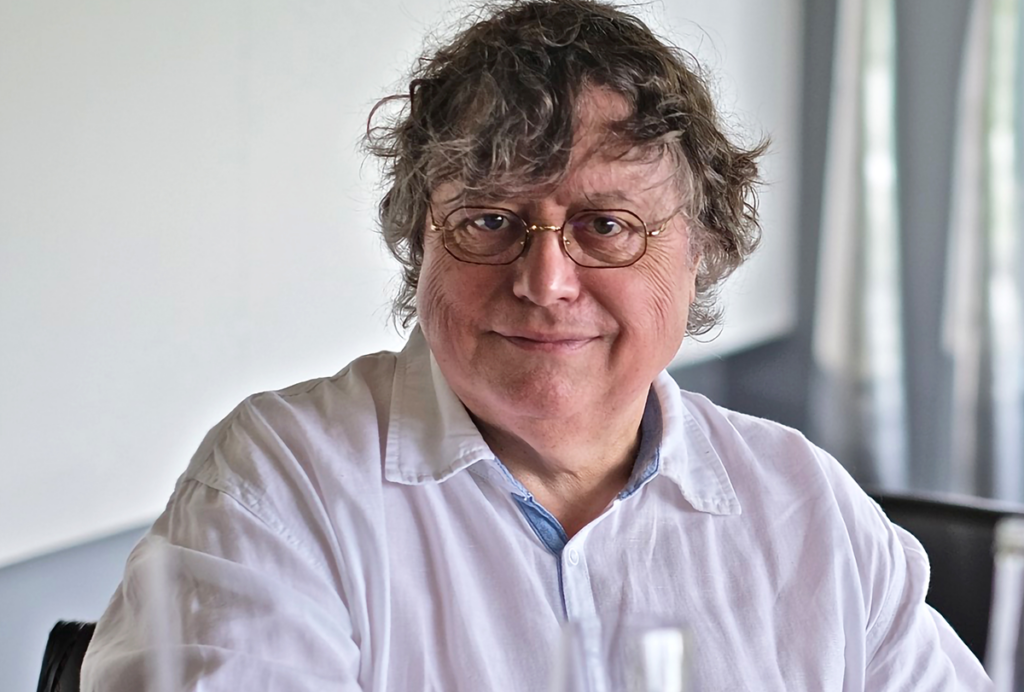
In memoriam: Yves Frégnac, influential and visionary French neuroscientist
Frégnac, who died on 18 October at the age of 73, built his career by meeting neuroscience’s complexity straight on.
The legacy of Steve Silberman and his book, ‘NeuroTribes’
The writer’s empathic storytelling changed how society—and researchers—view autistic people.

The legacy of Steve Silberman and his book, ‘NeuroTribes’
The writer’s empathic storytelling changed how society—and researchers—view autistic people.
Explore more from The Transmitter
Dendrites help neuroscientists see the forest for the trees
Dendritic arbors provide just the right scale to study how individual neurons reciprocally interact with their broader circuitry—and are our best bet to bridge cellular and systems neuroscience.

Dendrites help neuroscientists see the forest for the trees
Dendritic arbors provide just the right scale to study how individual neurons reciprocally interact with their broader circuitry—and are our best bet to bridge cellular and systems neuroscience.
Two primate centers drop ‘primate’ from their name
The Washington and Tulane National Biomedical Research Centers—formerly called National Primate Research Centers—say they made the change to better reflect the breadth of research performed at the centers.

Two primate centers drop ‘primate’ from their name
The Washington and Tulane National Biomedical Research Centers—formerly called National Primate Research Centers—say they made the change to better reflect the breadth of research performed at the centers.
Post-infection immune conflict alters fetal development in some male mice
The immune conflict between dam and fetus could help explain sex differences in neurodevelopmental conditions.

Post-infection immune conflict alters fetal development in some male mice
The immune conflict between dam and fetus could help explain sex differences in neurodevelopmental conditions.